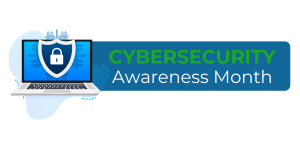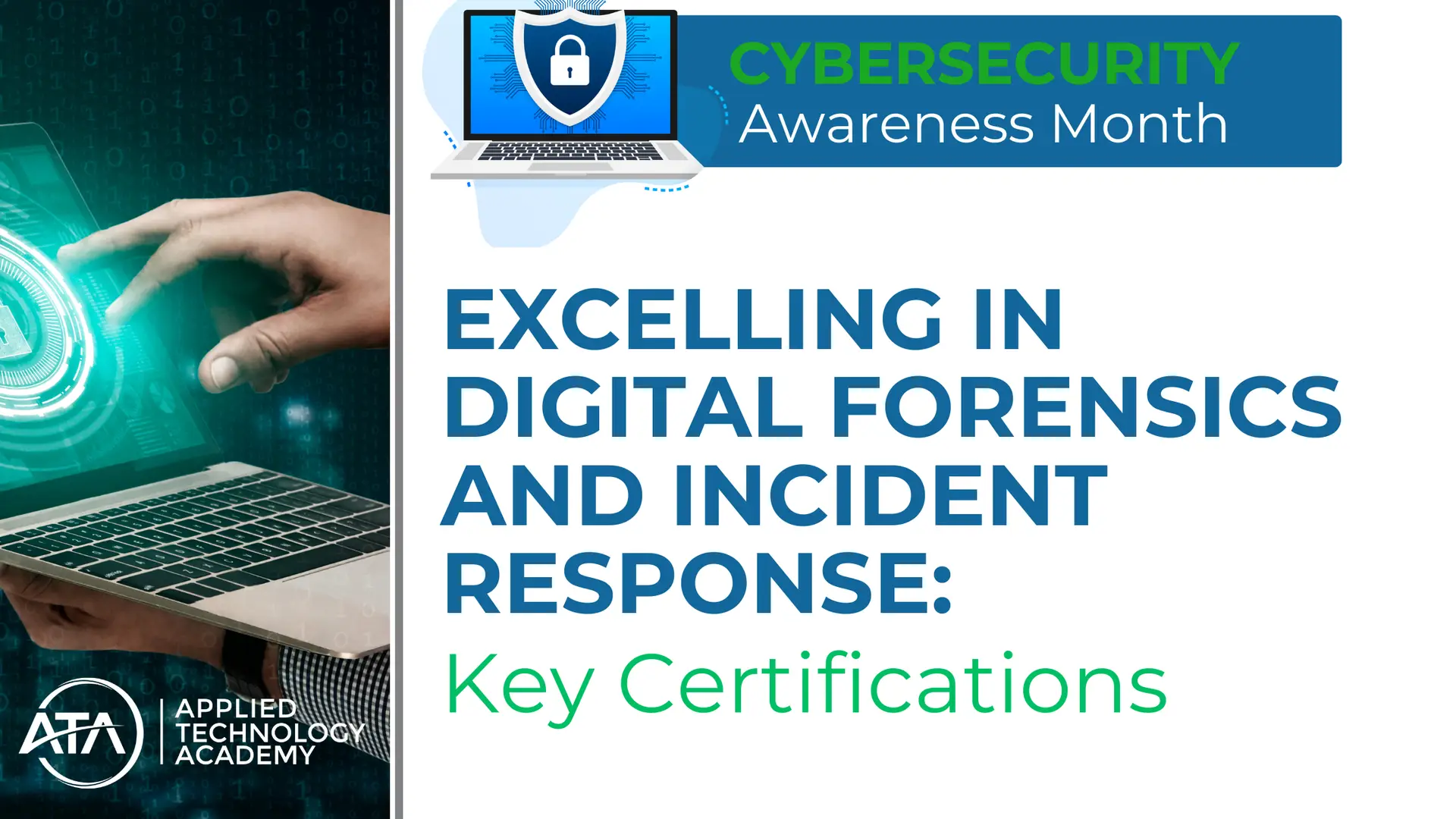In our previous post, we explored the diverse fields of cybersecurity, highlighting the importance of various specializations. Today, we dive deeper into one of the most critical areas: Digital Forensics and Incident Response (DFIR). As cyber threats become more sophisticated, the ability to effectively investigate and respond to incidents is paramount. This article will guide you through the essential certifications that can help you master DFIR and become a key player in the cybersecurity landscape.

The Need for DFIR: The growing frequency and sophistication of cyber attacks demand that organizations have a strong DFIR capability. Effective DFIR practices help in quickly identifying breaches, minimizing damage, and recovering from incidents. Success in this field requires a combination of technical skills, analytical thinking, and a keen eye for detail. Professionals must be adept at using forensic tools, understanding network protocols, and interpreting digital evidence to uncover the root cause of incidents.
Real-World Scenario: The growing frequency and sophistication of cyber attacks demand that organizations have a strong DFIR capability. Effective DFIR practices help in quickly identifying breaches, minimizing damage, and recovering from incidents. Success in this field requires a combination of technical skills, analytical thinking, and a keen eye for detail. Professionals must be adept at using forensic tools, understanding network protocols, and interpreting digital evidence to uncover the root cause of incidents.
Key Certifications: Digital Forensics and Incident Response (DFIR) certifications are designed to validate the skills and knowledge required to investigate and respond to cybersecurity incidents effectively. These certifications are essential for professionals aiming to excel in the digital forensics and incident response field. They cover a range of topics, including the collection, analysis, and preservation of digital evidence, as well as the detection and mitigation of cyberattacks.
- CompTIA Security+:
- Overview: Validates the baseline skills necessary to perform core security functions and pursue an IT security career.
- Topics Covered: Assessing the security posture of an enterprise environment, monitoring and securing hybrid environments, and responding to security incidents.
- EC-Council: Certified Incident Handler (E|CIH)
- Overview: The E|CIH course provides essential training for handling incidents, from preparation through to mitigation.
- Focus Areas: This course covers DFIR basics but is also accessible for those early in their career. It focuses on malware forensics, network intrusion detection, and handling incidents across different systems.
- CertNexus CyberSec First Responder (CFR):
- Overview: Covers the duties of monitoring and detecting security incidents in information systems and networks.
- Focus Areas: Executing a proper response to security incidents.
- HTB Certified Defensive Security Analyst (HTB CDSA):
- Overview: Focuses on defensive security skills, including threat detection and incident response.
- Focus Areas: Practical experience in network defense and incident handling.
- GIAC Certified Incident Handler (GCIH):
- Overview: Teaches how to manage and mitigate security incidents by understanding common attack techniques, vectors and tools, as well as defend against and respond to said attacks.
- Focus Areas: Learn to detect, respond, and resolve computer security incidents using a wide range of essential security skills.
- GIAC Certified Forensic Analyst (GCFA):
- Overview: Equips you with advanced skills in threat hunting, incident response, and digital forensics.
- Focus Areas: Detecting breaches, performing damage assessments, and developing threat intelligence.
Best Practical Tips:
- Stay Updated with Latest Threats:
- Regularly follow cybersecurity news and updates to stay informed about the latest threats and attack vectors such as OffSec’s Exploit Database
- Develop Strong Analytical Skills:
- Practice analyzing different types of digital evidence and network traffic to improve your ability to identify anomalies.
- Hands-On Practice:
- Use virtual labs and simulation environments to practice your skills in a controlled setting.
- Document Everything:
- Maintain detailed documentation of your findings and actions during an investigation. This is crucial for legal and compliance purposes.
- Collaborate with Peers:
- Join cybersecurity forums and communities to share knowledge and learn from others’ experiences.
Pursuing these certifications will not only enhance your skills but also prepare you to tackle the challenges in the DFIR domain effectively. By mastering DFIR, you will be able to protect your organization from significant financial and reputational damage, ensuring a secure and resilient digital environment. As cyber threats continue to evolve, the demand for skilled DFIR professionals will only grow, making this an exciting and rewarding career path.
By investing in certifications, you’re not only advancing your career but also contributing to a more secure digital world.
Ready to take the next step? Explore our courses and certifications today, and start your journey towards becoming a cybersecurity expert!





